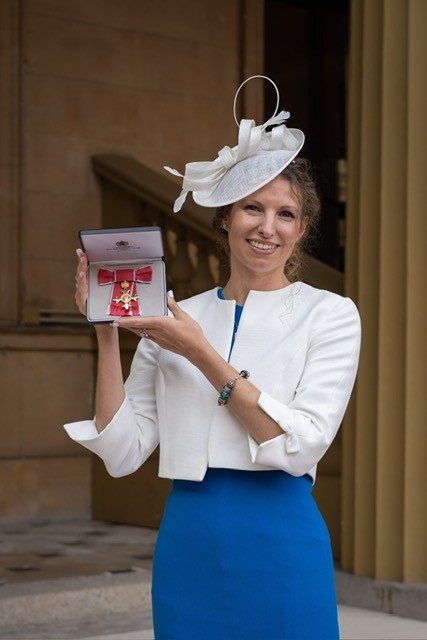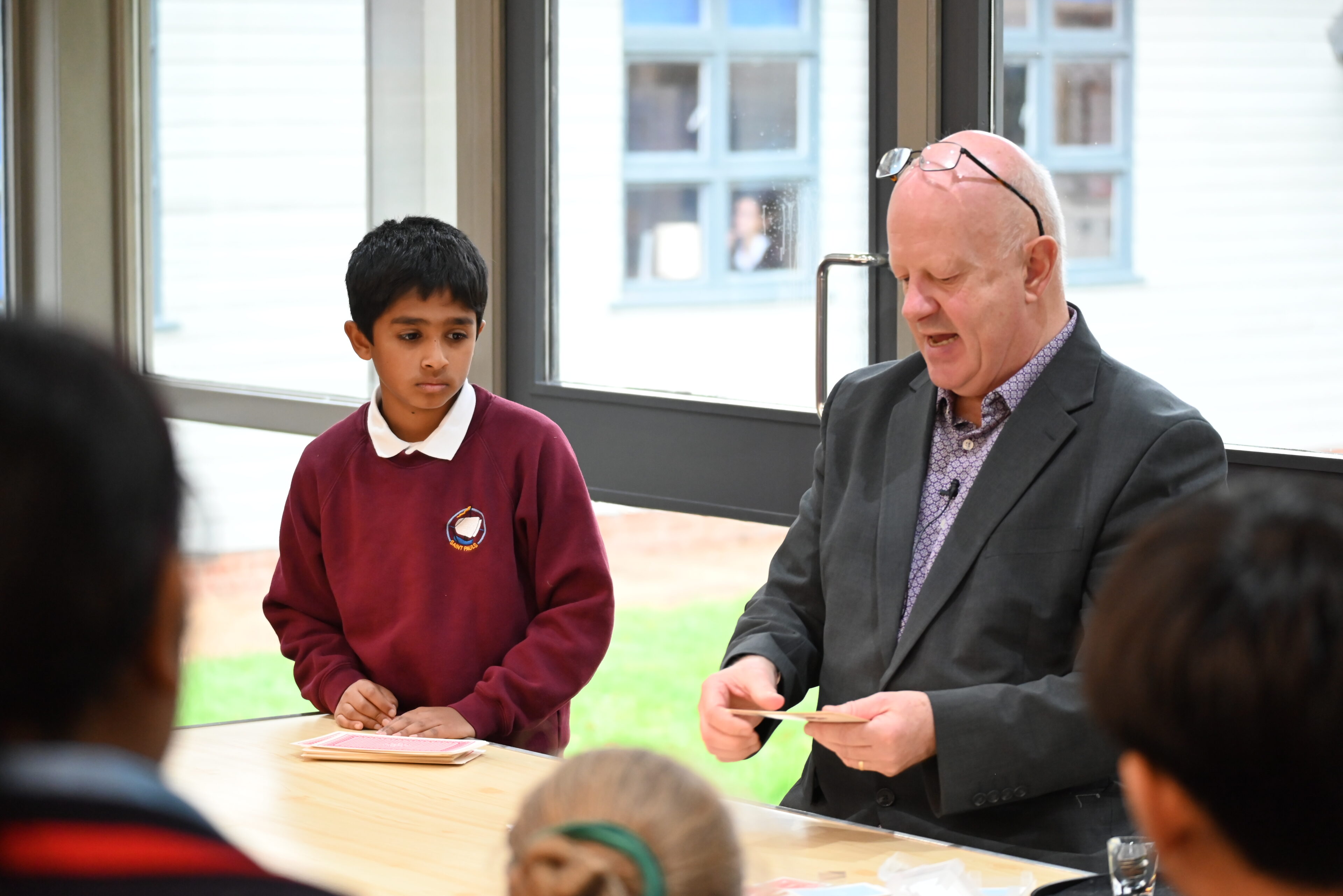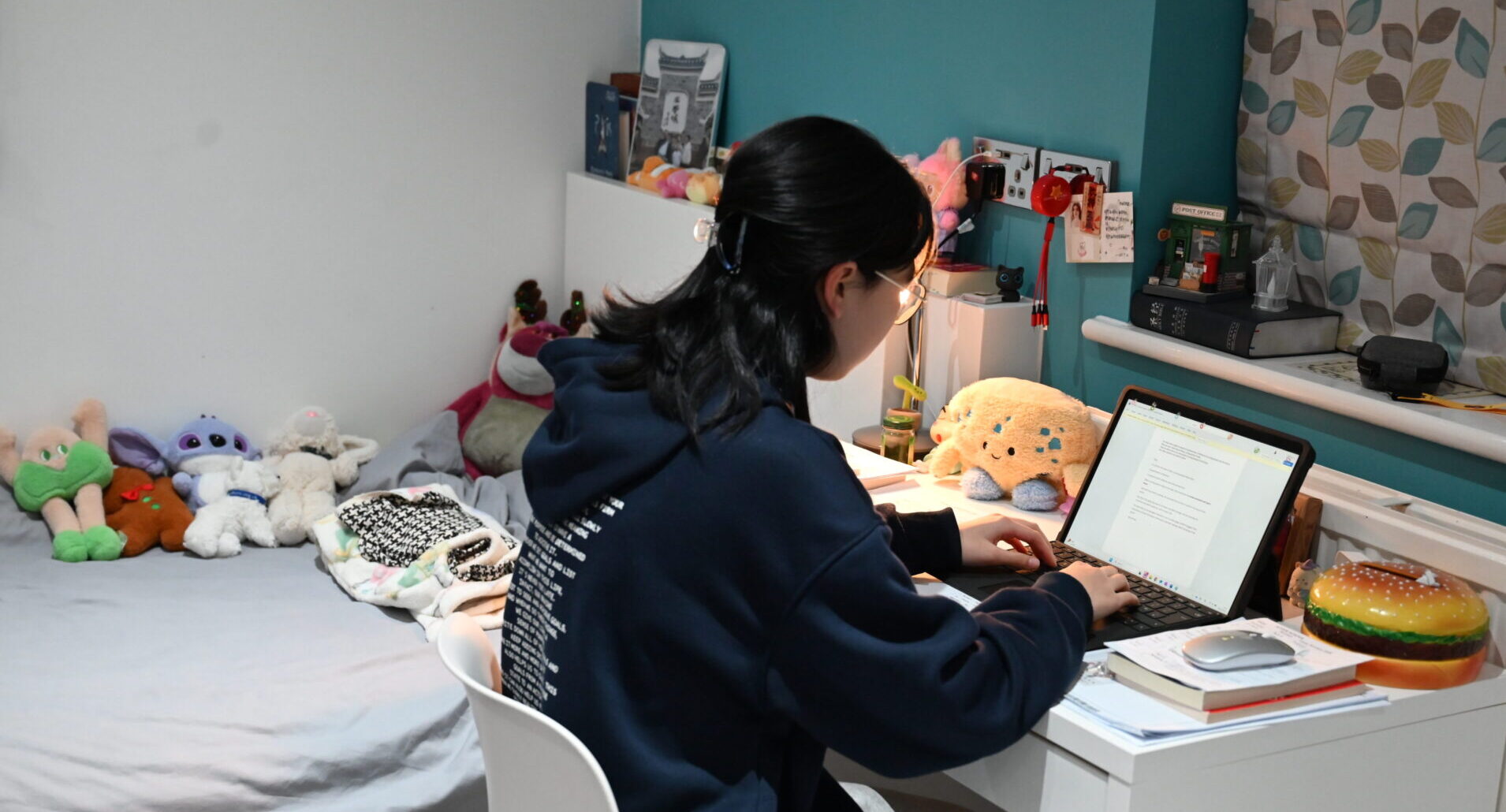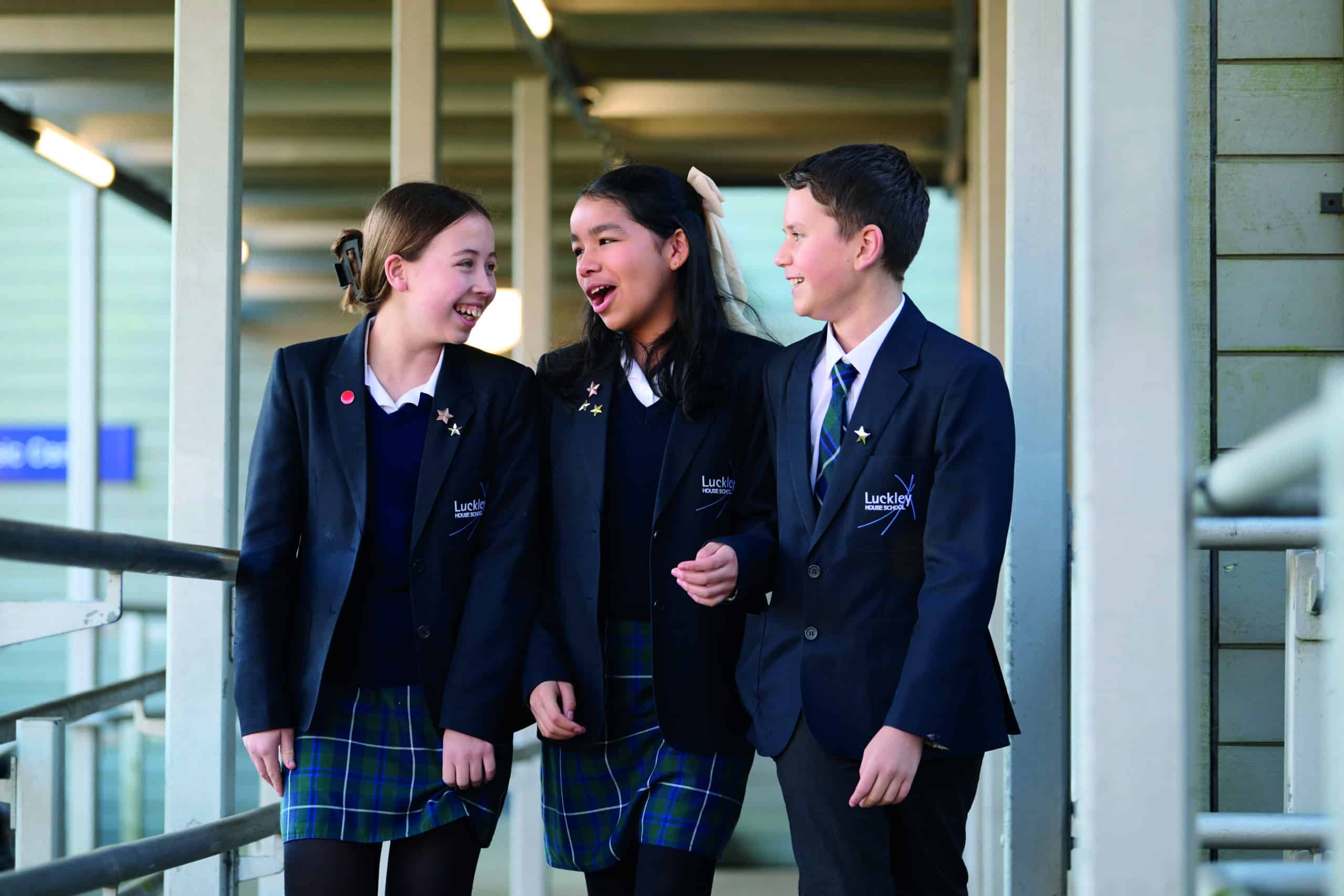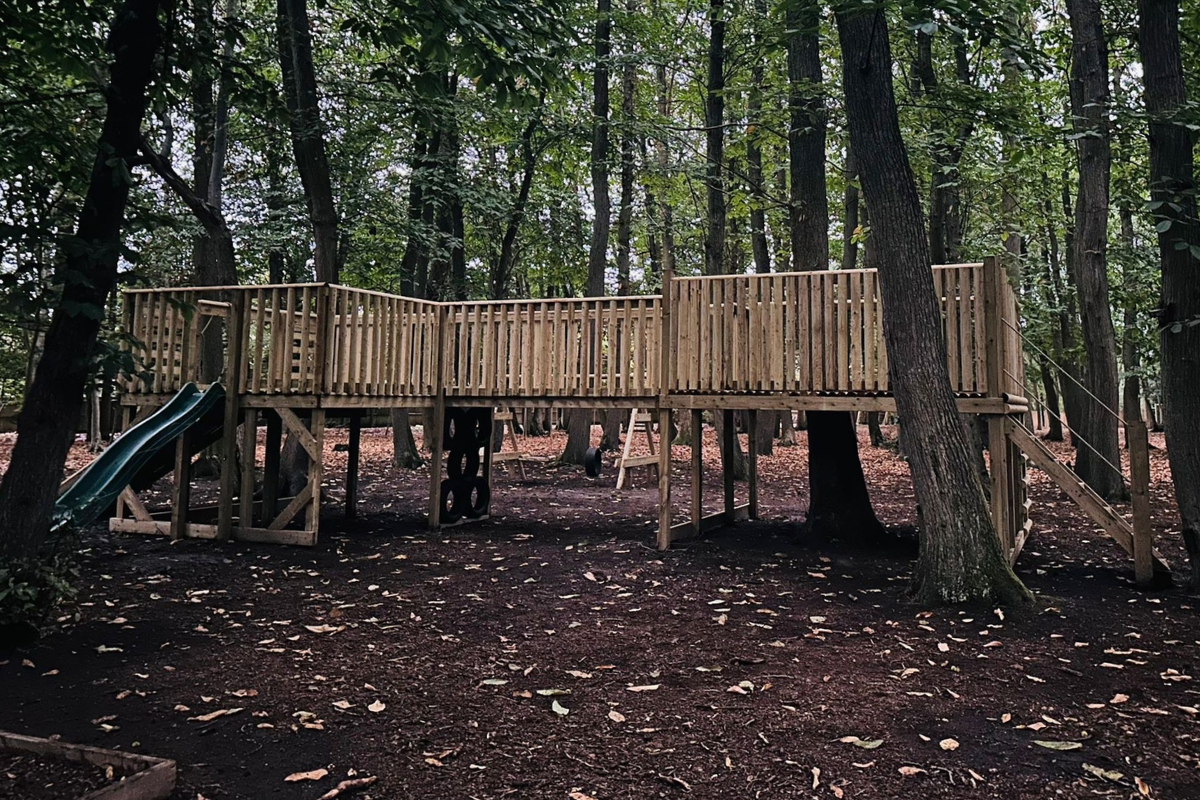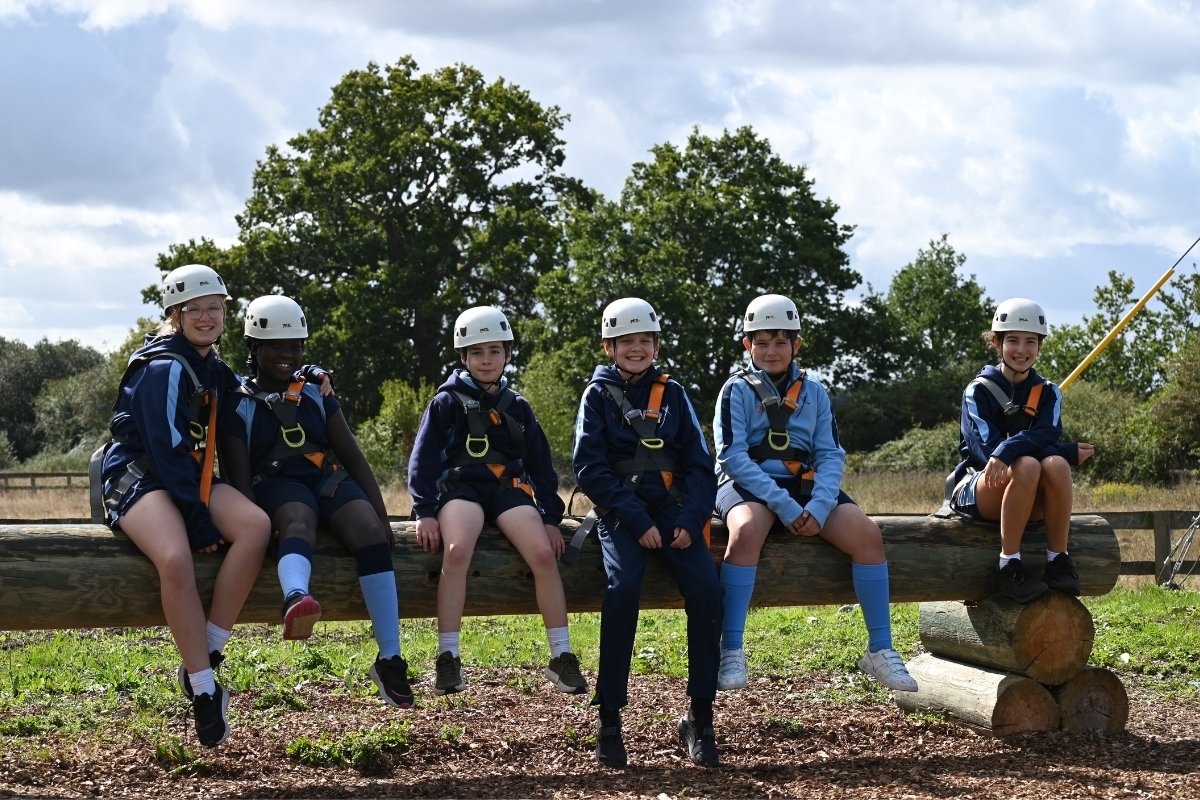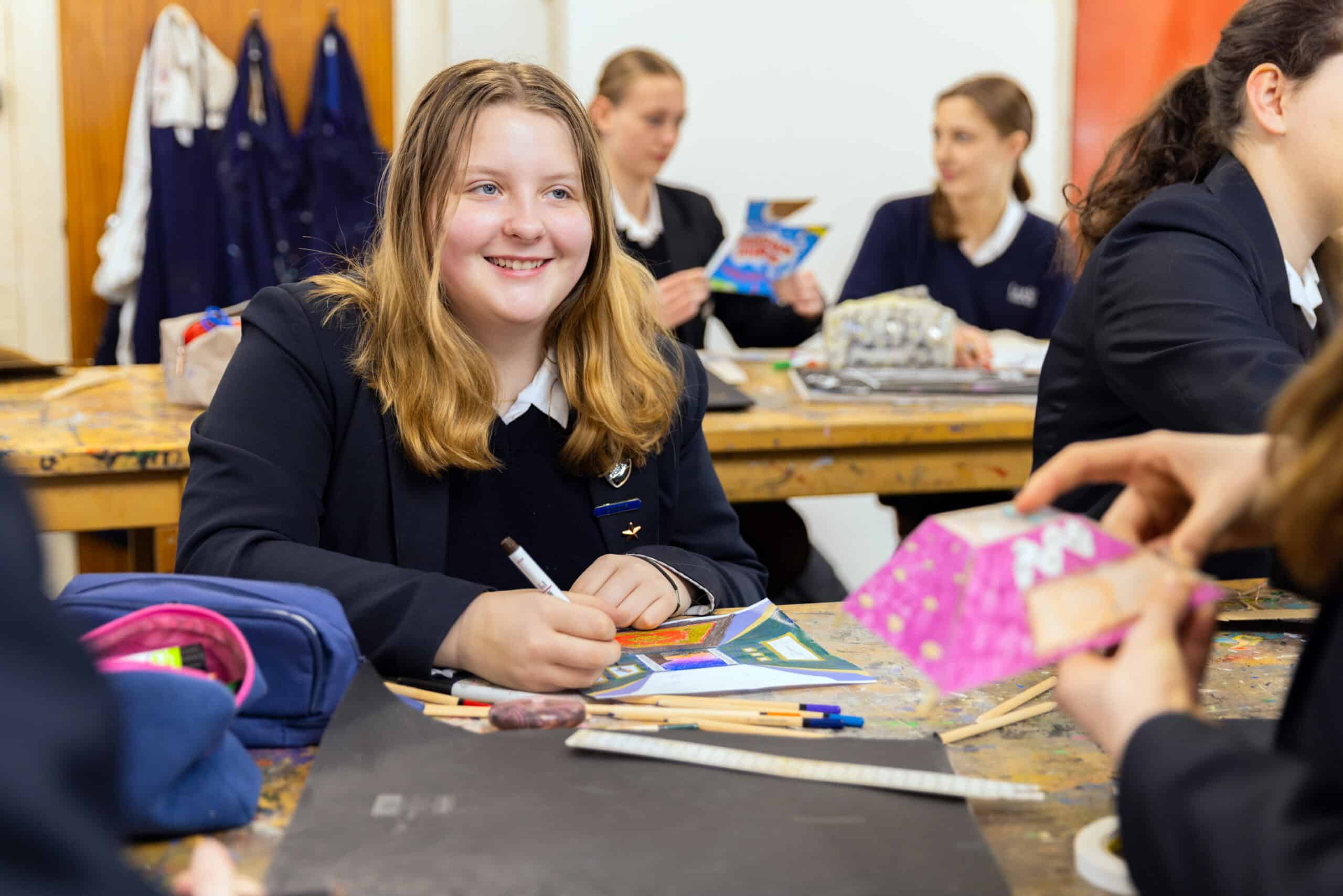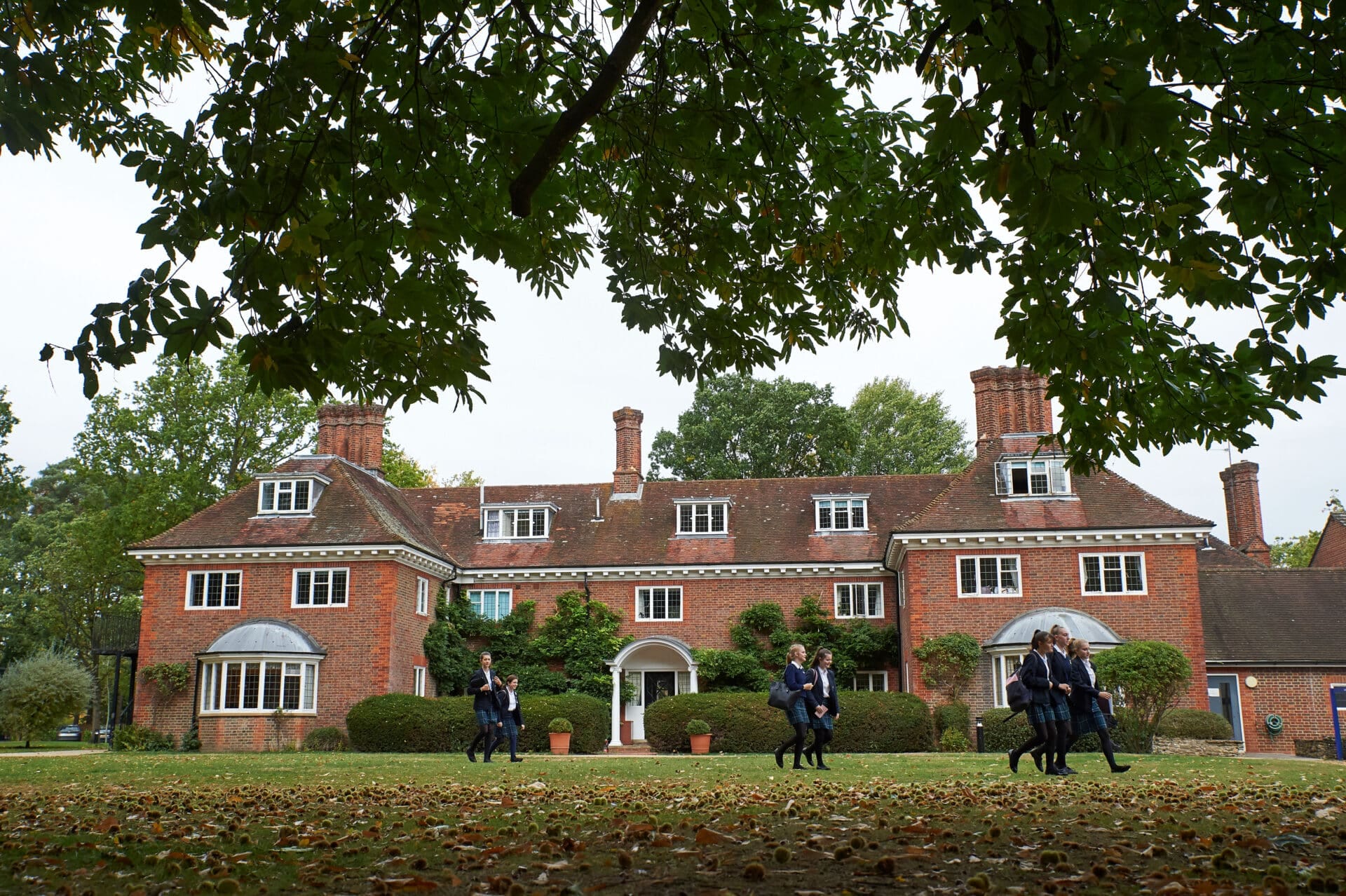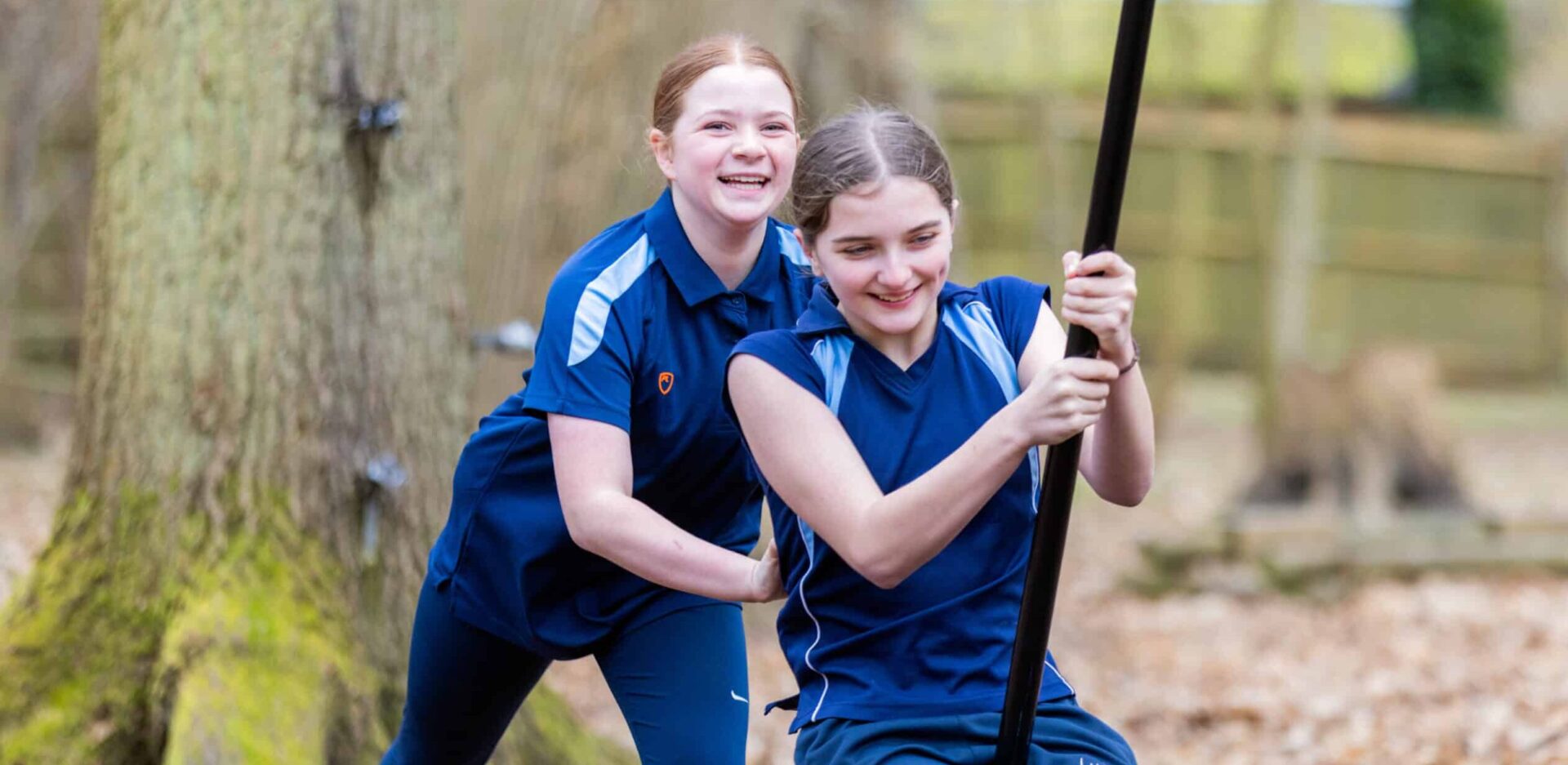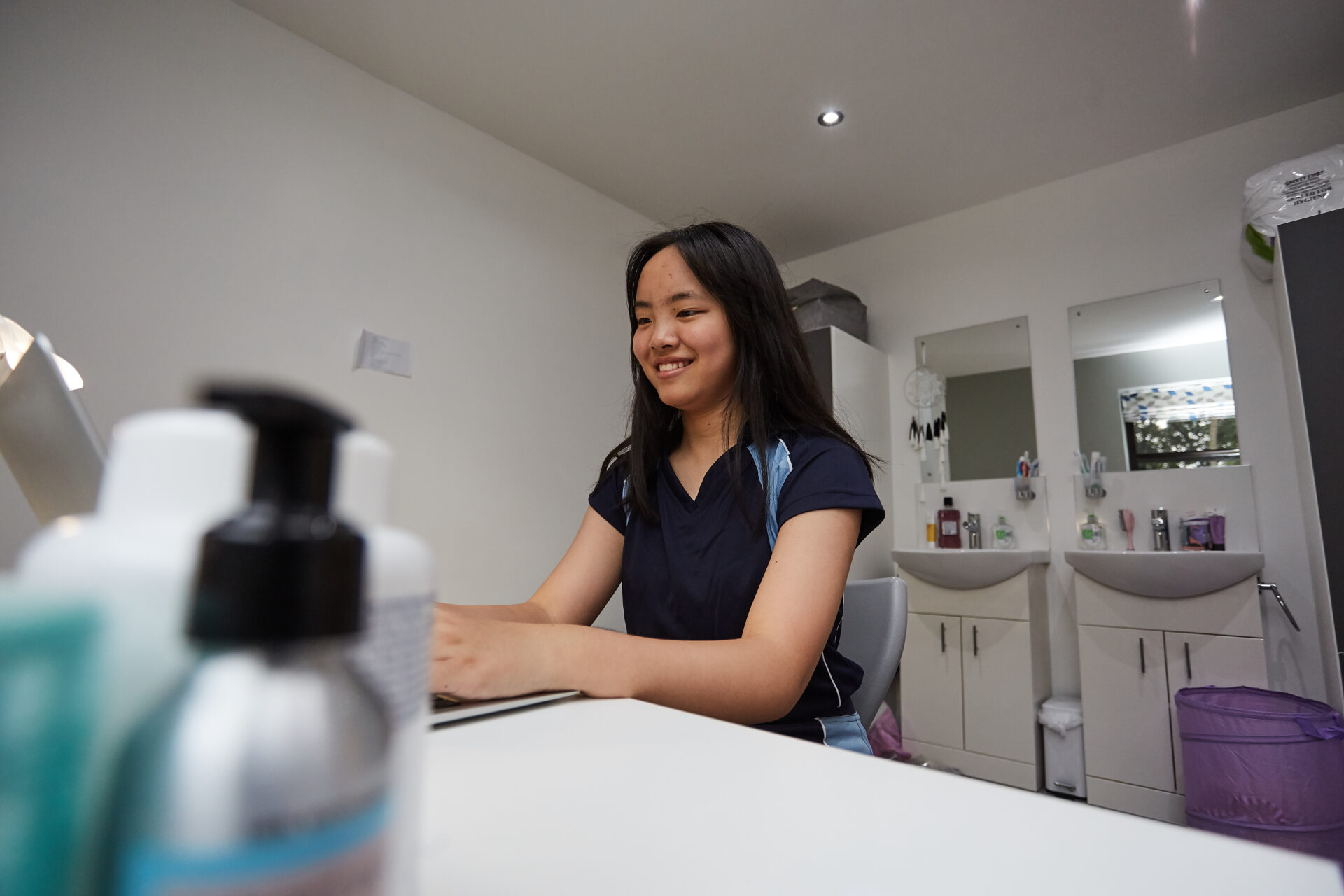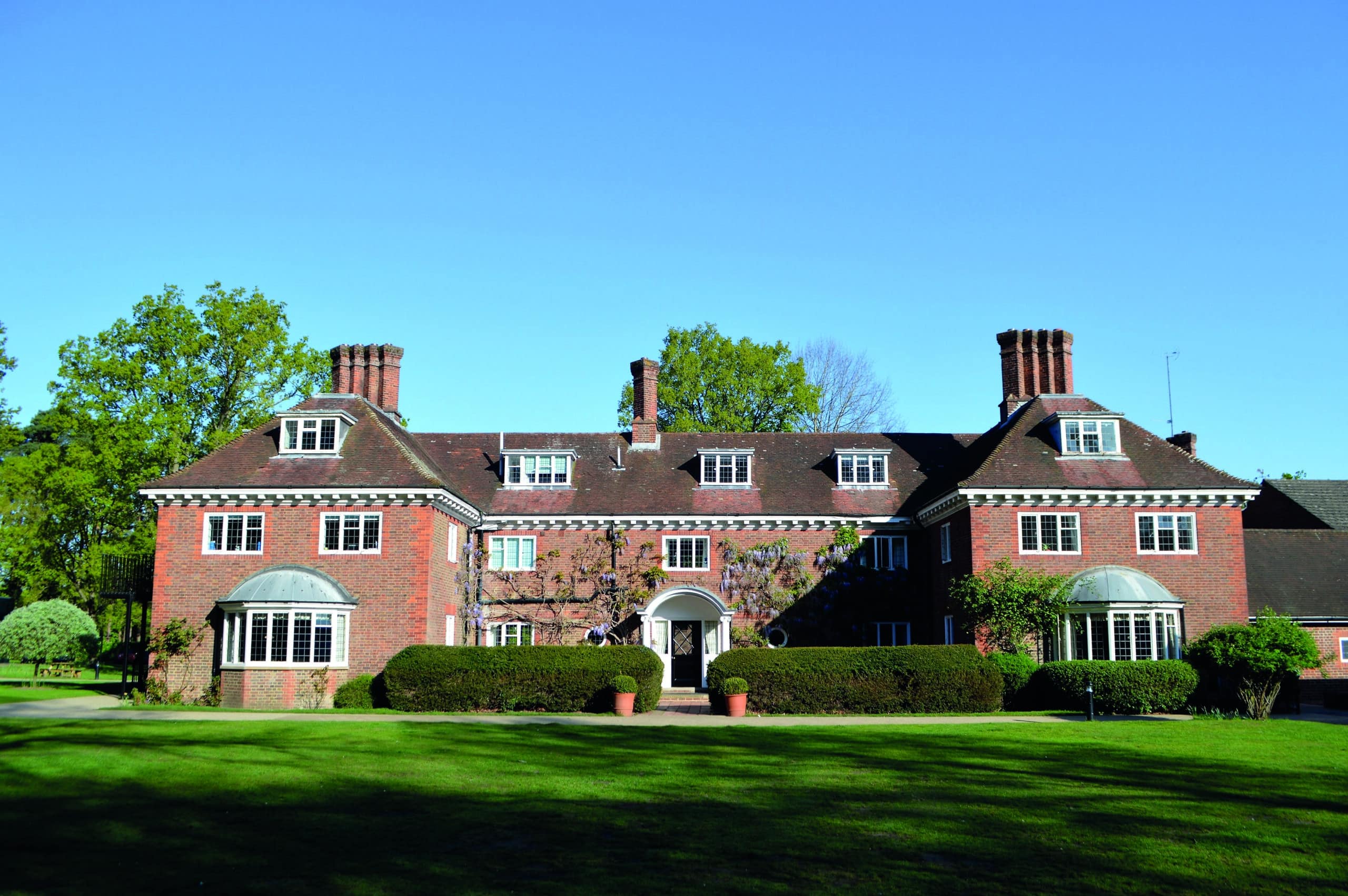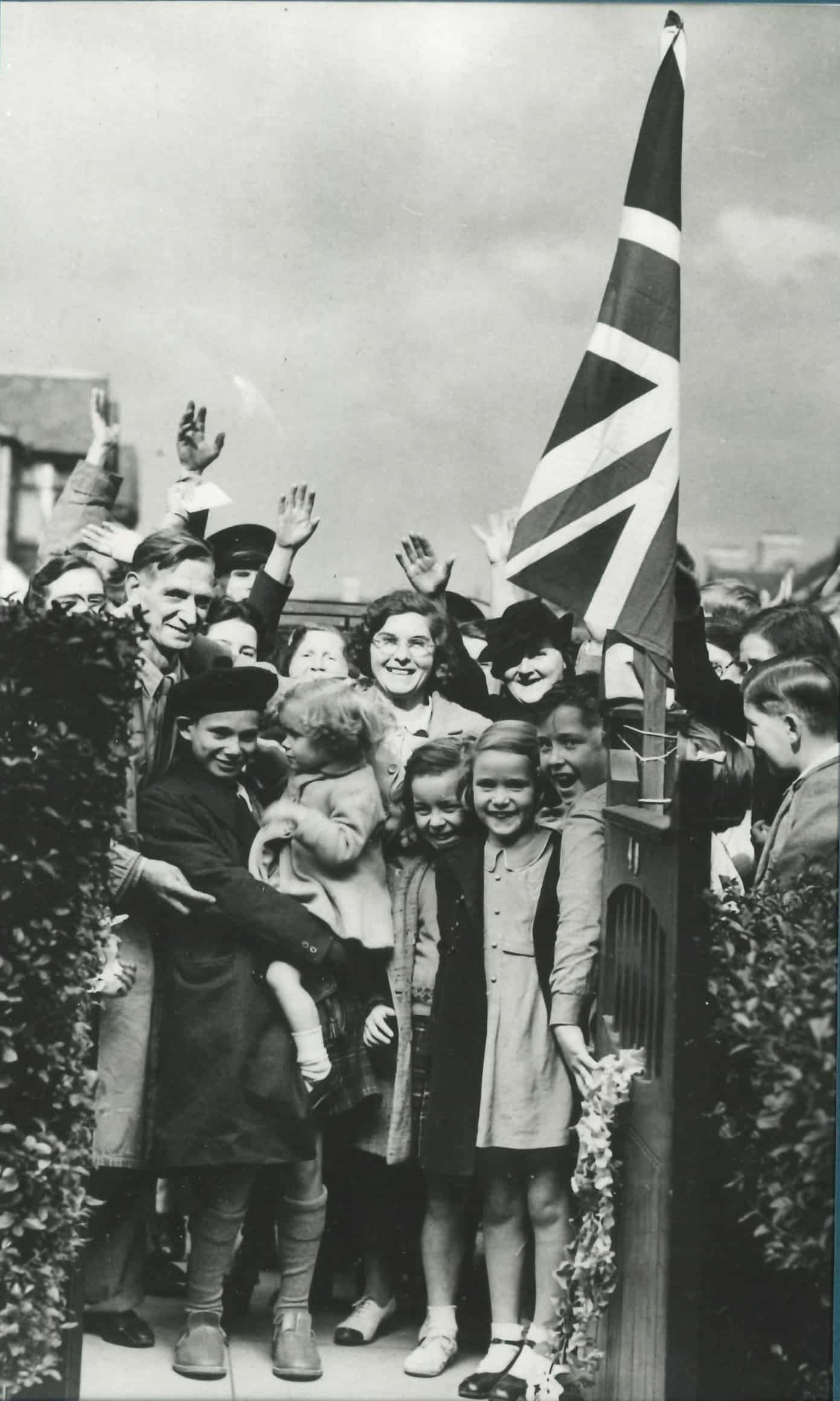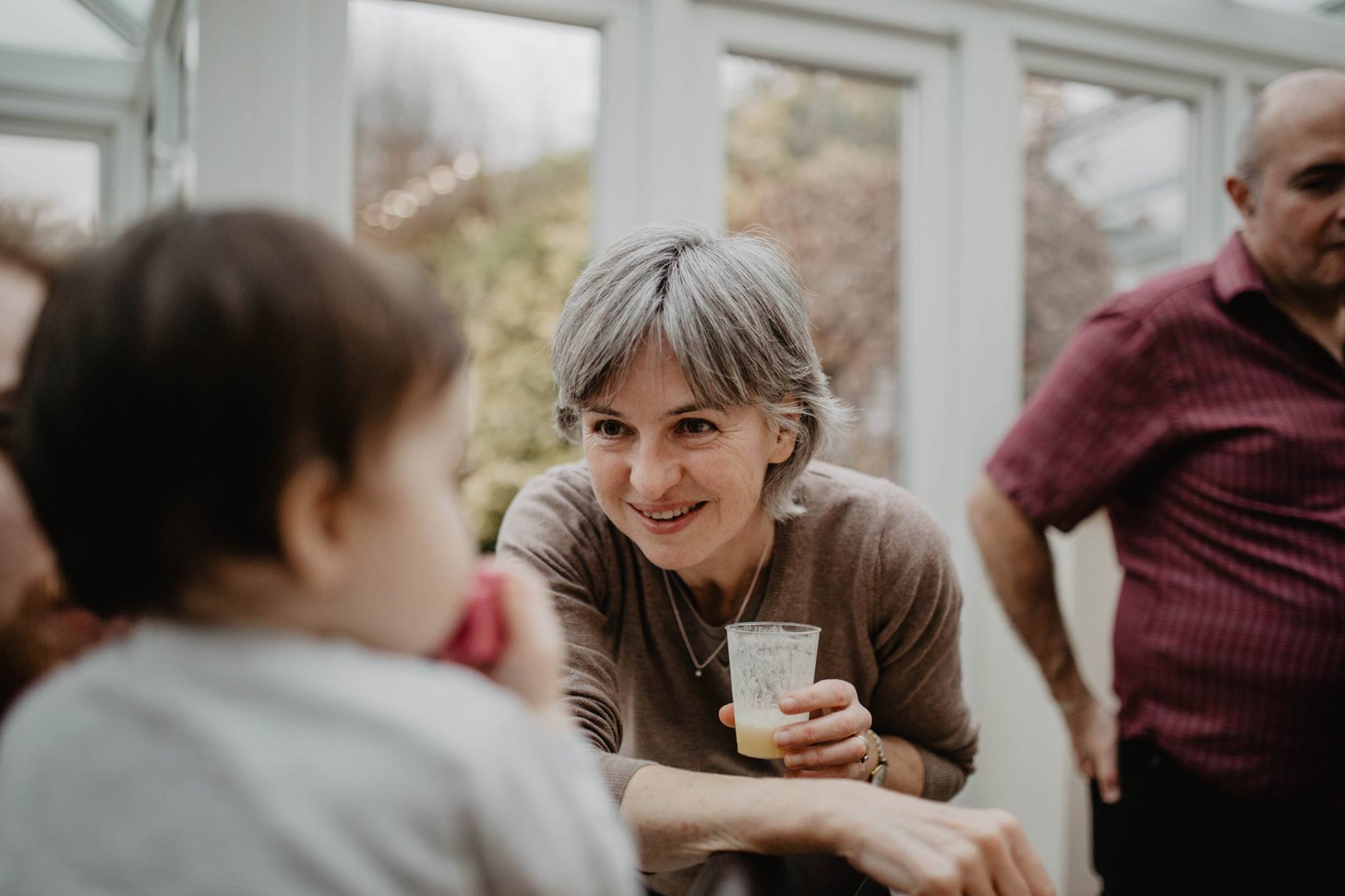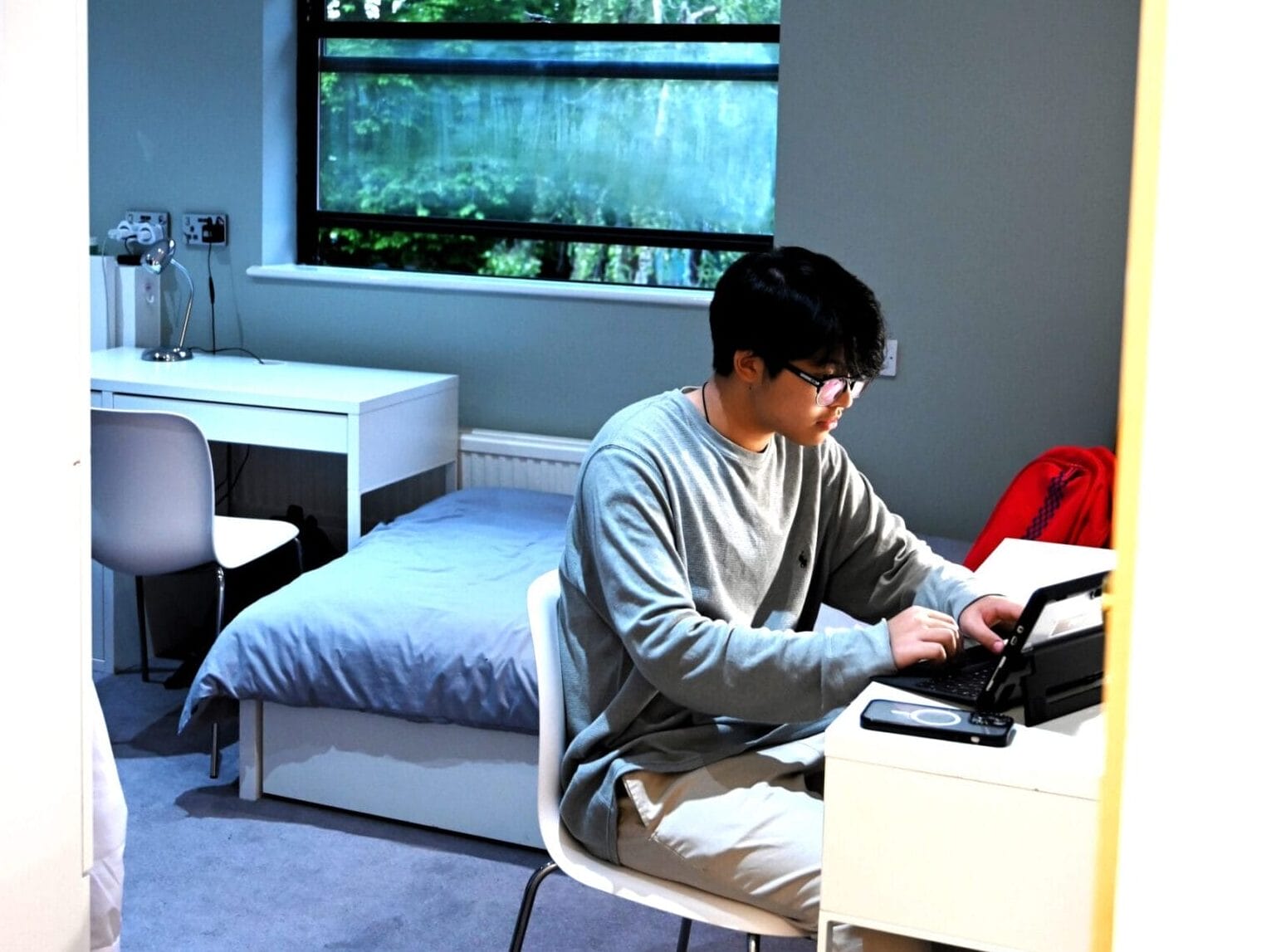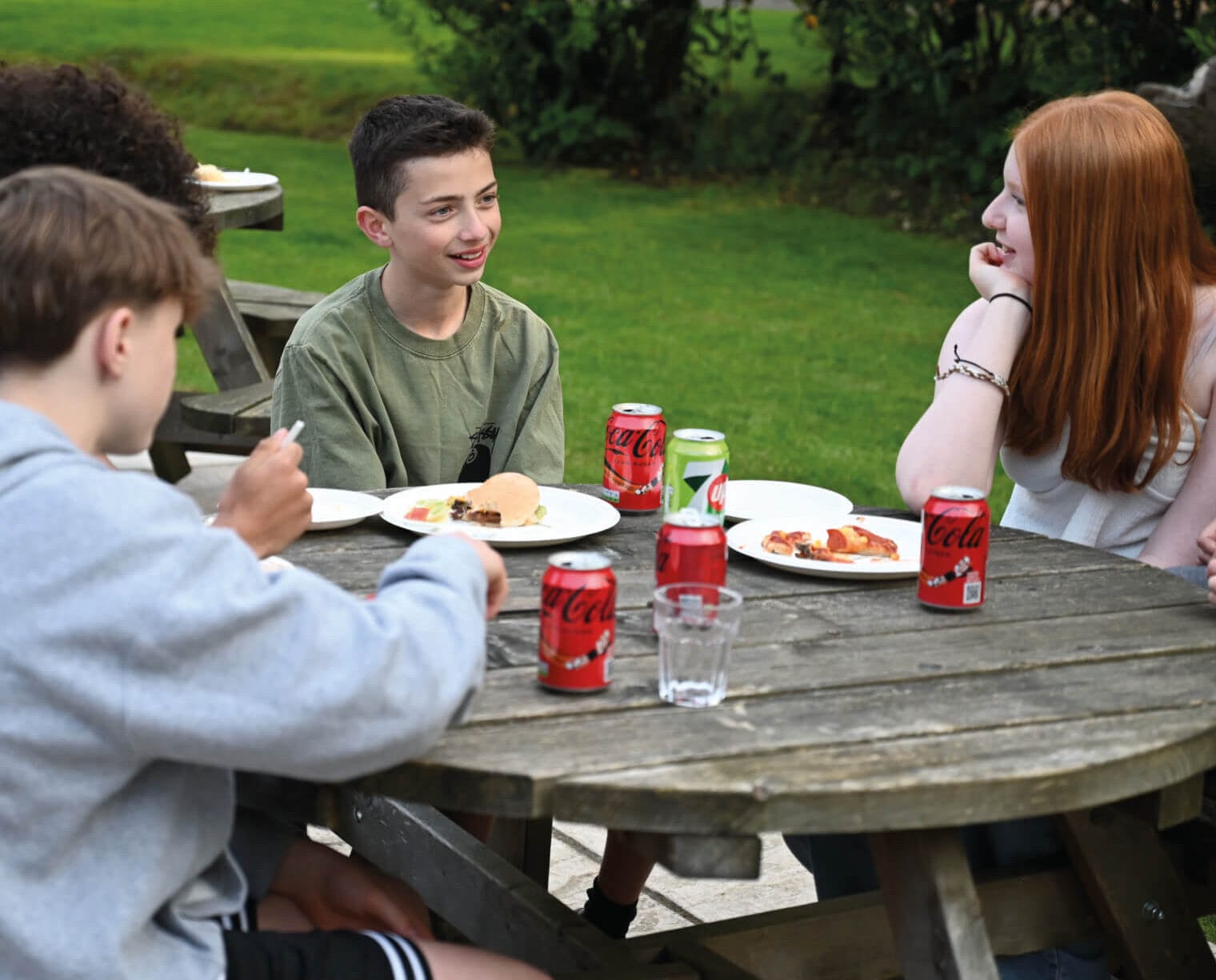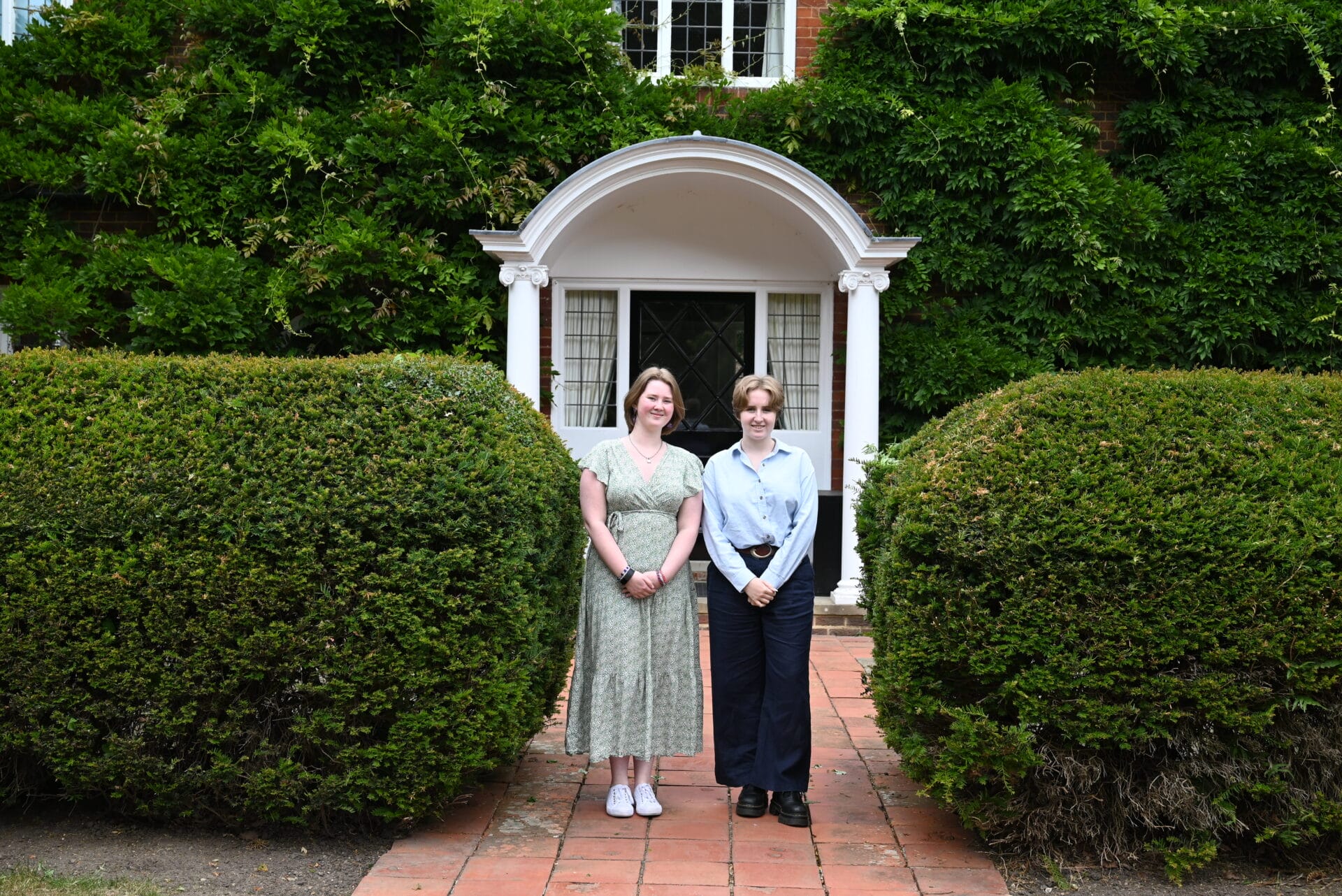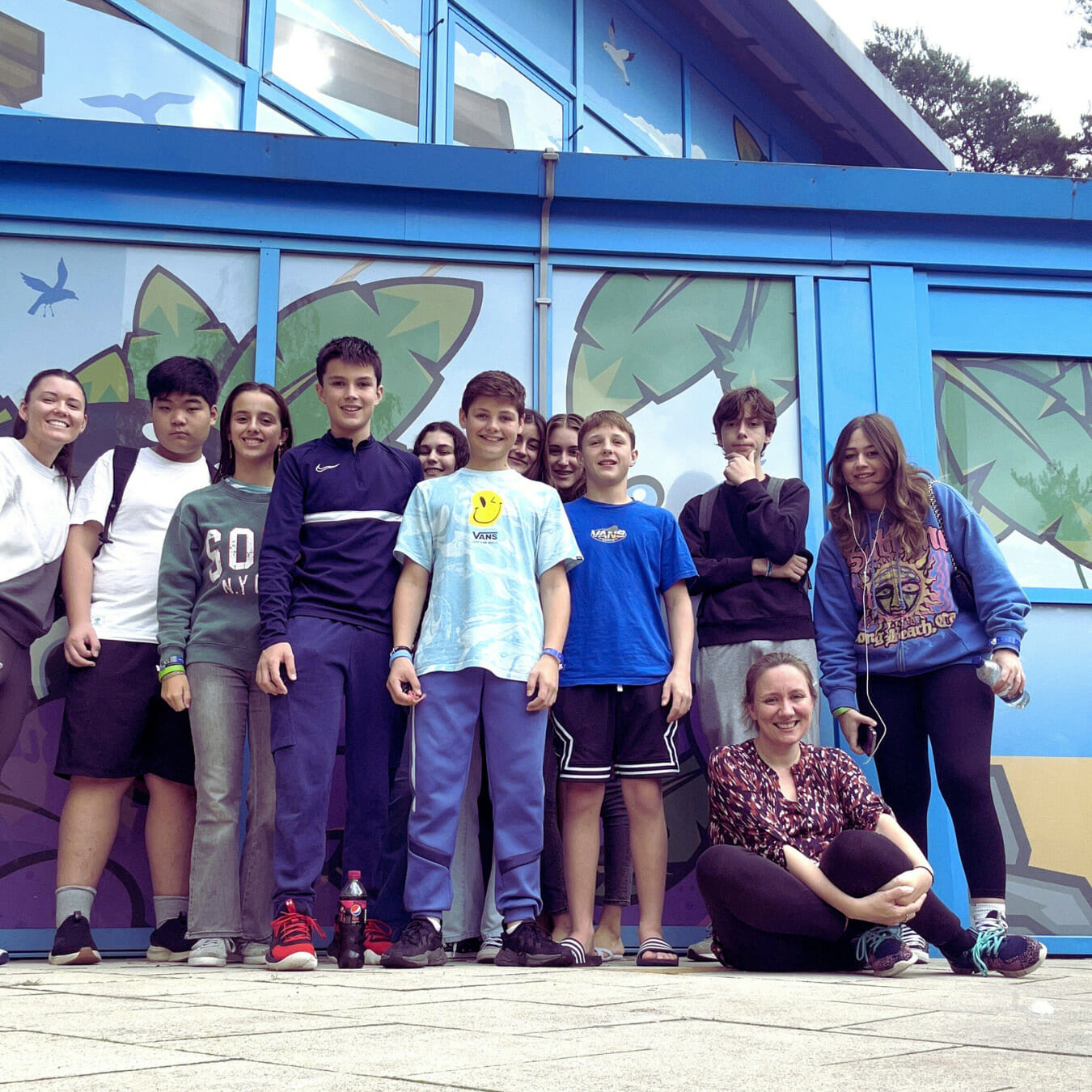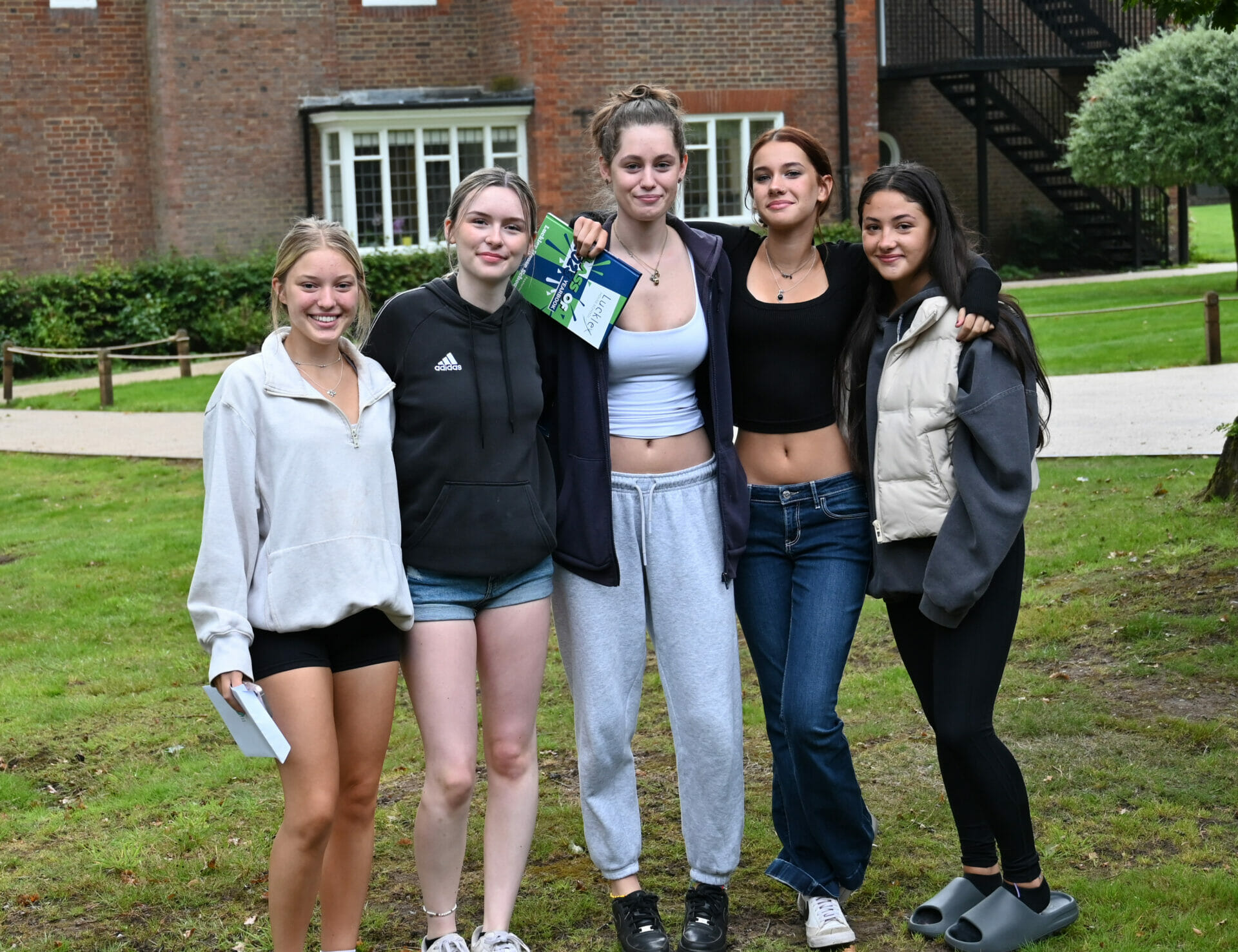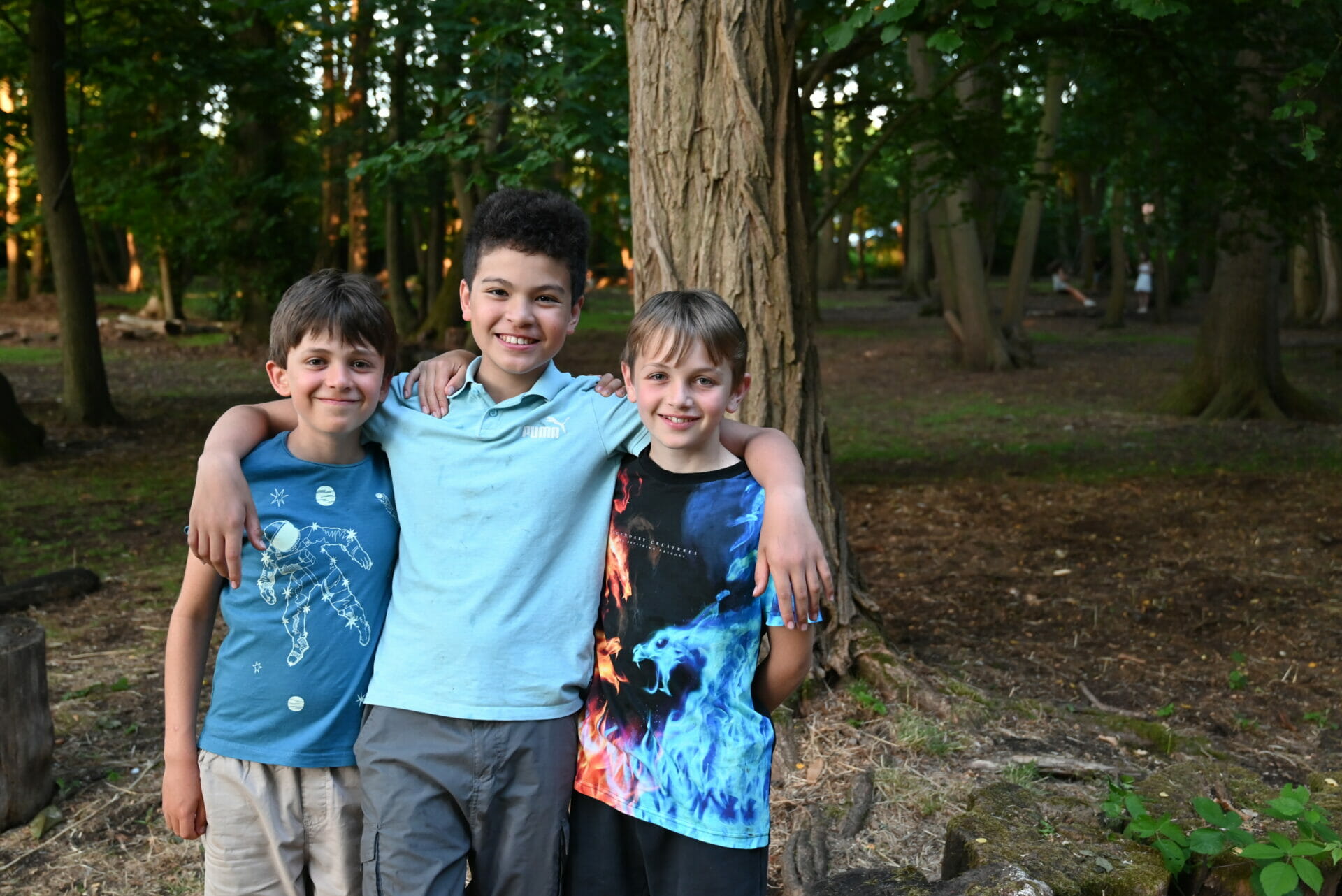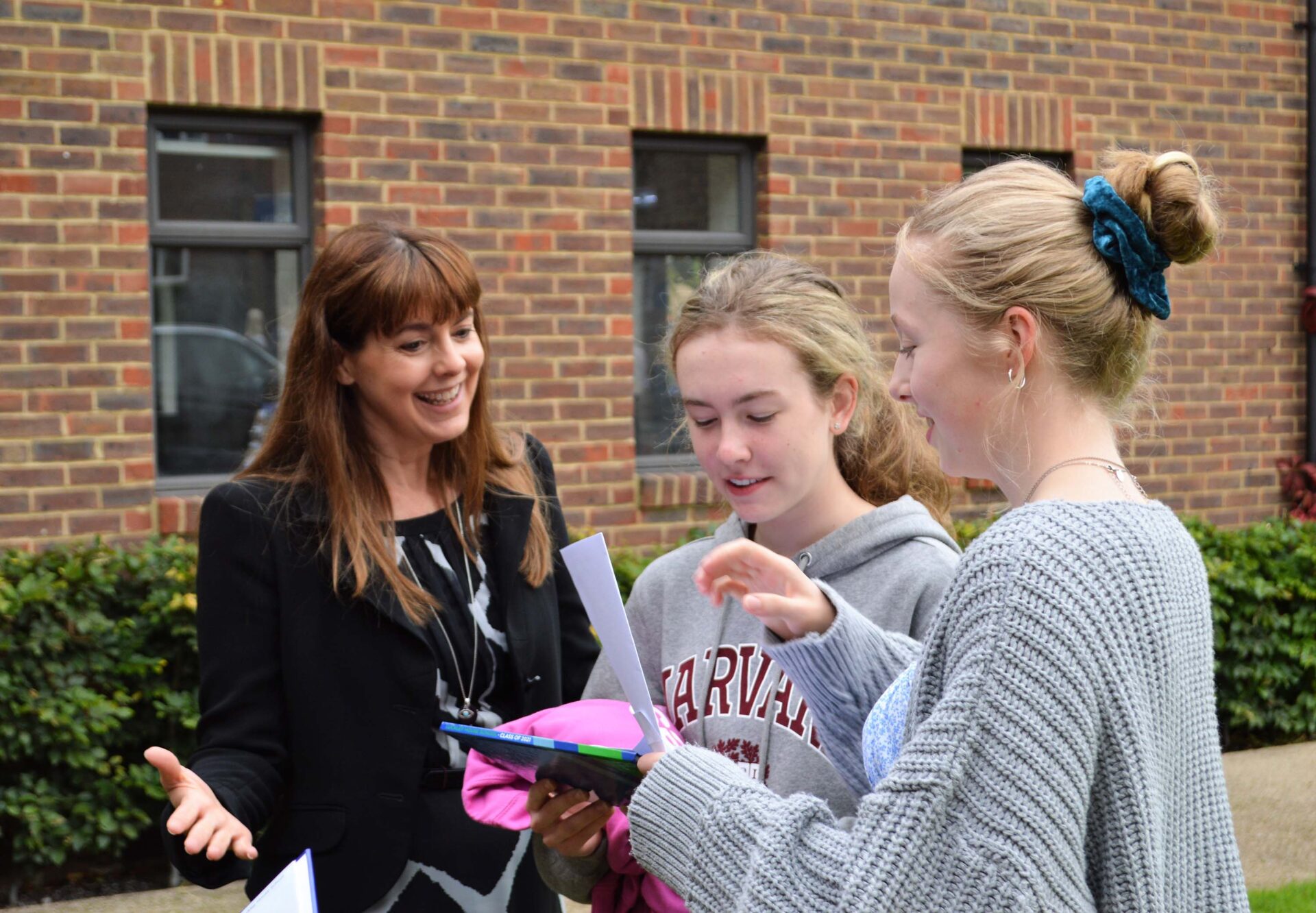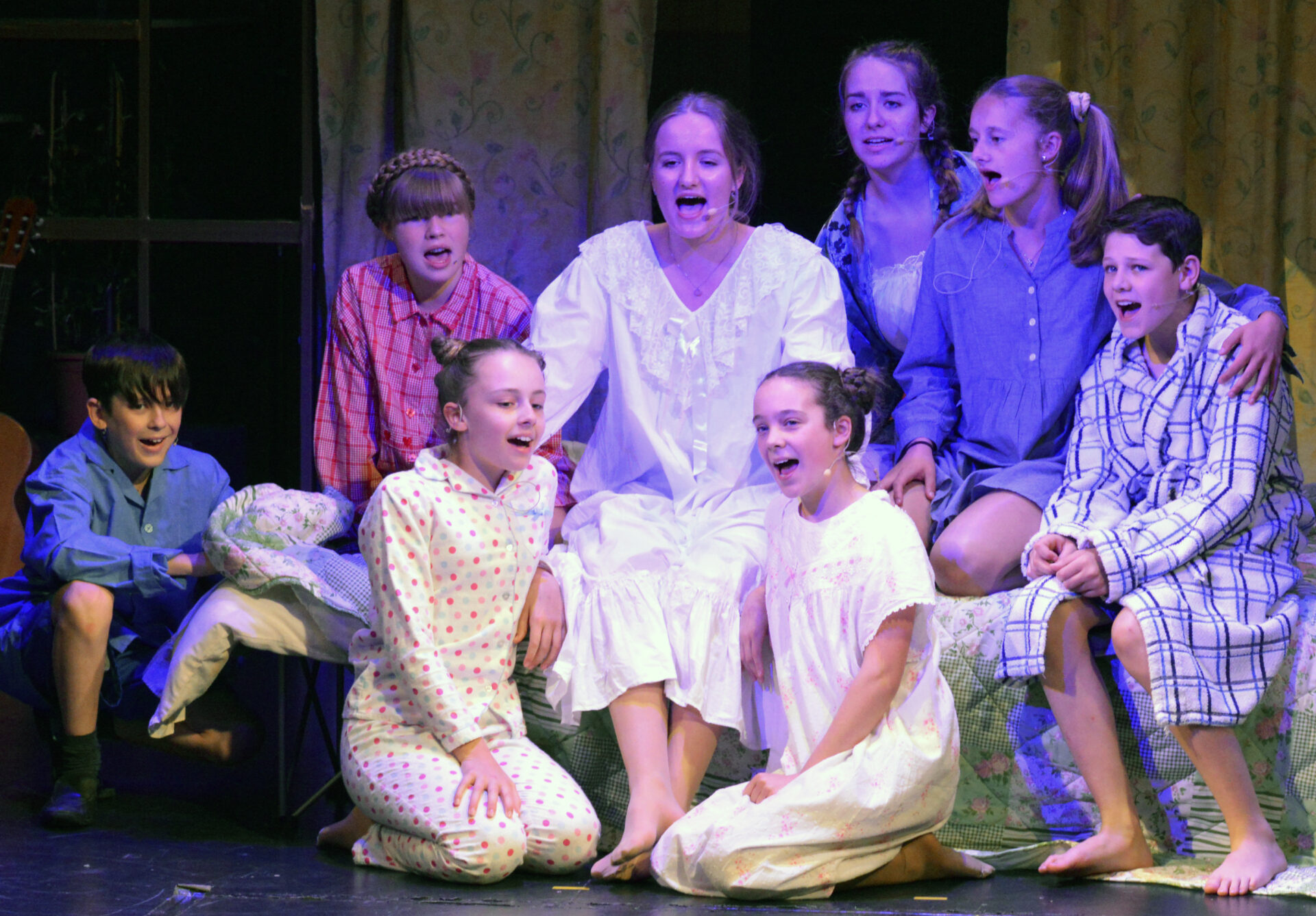
Discover how the right boarding environment can support your child’s academic success, personal growth, and independence with guidance from Luckley House School, an independent school in Wokingham offering flexible boarding options in a caring, vibrant community.
Choosing a boarding school is a big step for any family. It is not just about selecting a school, but about finding a place where your child will live, learn, and thrive. The boarding experience offers a unique opportunity for young people to develop resilience, independence, and a strong sense of self, all while benefiting from a structured and supportive environment.
From pastoral care and academic support to community culture and flexible arrangements, boarding schools vary widely in what they offer. Understanding these differences and how they relate to your child’s needs can help you make an informed and confident decision.
Learn MoreKnow Your Child’s Needs
Every child is unique, and the first step in choosing the right school is understanding who your child is and what they need to succeed. Consider their academic strengths, personality, social confidence, and interests. Are they naturally independent, or do they need a more nurturing environment? Are they motivated by structure and challenge, or do they thrive with flexibility and creativity?
It is also important to involve your child in the conversation. Their input can offer valuable insights into what kind of setting will best suit their temperament. The right boarding school should not only meet academic expectations but also help your child feel secure, seen, and supported.
Evaluate School Culture and Values
Each boarding school has its own ethos and set of values that shape its approach to learning, discipline, relationships, and personal development. Some schools place a strong emphasis on tradition and formality; others foster a more relaxed, progressive culture. Neither is better in principle; it all depends on what will best complement your child’s personality and your family’s outlook.
Make sure to ask questions about how the school views success, how it encourages respect and inclusivity, and how it supports the development of character and resilience. A school’s culture will become your child’s second home, so it’s essential that it reflects the kind of environment where they will feel both safe and inspired.
Consider Pastoral Care and Wellbeing
Living away from home, particularly for the first time, can be a daunting transition. That’s why robust pastoral care is one of the most important aspects of any boarding school. Your child should be part of a community where they are known by name, understood as an individual, and supported emotionally as well as academically.
Effective pastoral care includes more than just having houseparents or tutors on site. It involves a whole-school approach where staff are trained to spot signs of distress, where mental health is openly discussed, and where every pupil knows who to turn to when they need help. Parents should feel reassured that their child will be cared for in a consistent, compassionate, and proactive way.
Academic Support and Learning Environment
Boarding school is, above all, a place of learning. But pupils benefit most from environments where the learning experience is tailored to their needs and ambitions. Some children may require additional help to stay on track, while others might be ready to take on more advanced or independent projects.
Look for schools where teaching is engaging and interactive, where pupils are encouraged to ask questions and pursue their curiosity. The best schools provide time and space for reflection, support during study hours, and access to resources that help pupils take ownership of their progress.
The Importance of Environment and Location
The physical setting of a school can greatly influence the boarding experience. A rural campus might offer tranquillity, green space, and a strong sense of community, while a school closer to a city may provide more cultural and social opportunities. Consider how far the school is from home, what travel arrangements are needed, and whether the location suits your child’s age and level of independence.
Boarding Options
Modern boarding isn’t one-size-fits-all. Many schools now offer flexible options that cater to different family needs and lifestyles:
- Full Boarding provides the classic boarding experience – pupils live on campus throughout the term, immersing themselves in academics, friendships, and co-curricular life. It is especially well-suited to international families or those living far from the school.
- Weekly Boarding allows pupils to stay at school during the week and return home at weekends. This is ideal for families who live within a couple of hours’ travel and want the benefits of boarding with regular family time.
- Flexi-Boarding offers overnight stays on specific days when needed – perfect for pupils with late rehearsals, early sports fixtures, or simply when parents are travelling for work. It gives pupils the independence of boarding without a long-term commitment.
These options offer much-needed flexibility for modern families, making boarding more accessible and adaptable than ever before.
Explore Co-Curricular Life
A vibrant life outside the classroom is one of boarding school’s biggest advantages. Whether it’s sports, drama, music, debating, outdoor pursuits, or leadership roles, these activities allow pupils to explore their passions, develop confidence, and build lifelong friendships.
When considering a school, ask not only about what is on offer but how it’s structured. Are pupils encouraged to try new things? Do they have the space to take initiative or lead? The co-curricular programme should be well-rounded but not overwhelming, as pupils need time to breathe, reflect, and recharge too.
Visiting in Person
No matter how much research you do online, nothing compares to walking the grounds of a boarding school and seeing it in action. An in-person visit can reveal so much about the atmosphere, such as how pupils interact, how teachers engage with pupils, and whether the school “feels right.”
During your visit, take time to speak with pupils, houseparents, and academic staff. Ask how new boarders are supported, what a typical day looks like, and how the school deals with challenges. Trust your instincts – if both you and your child leave feeling confident and welcomed, that is a strong sign that you may have found the right place.
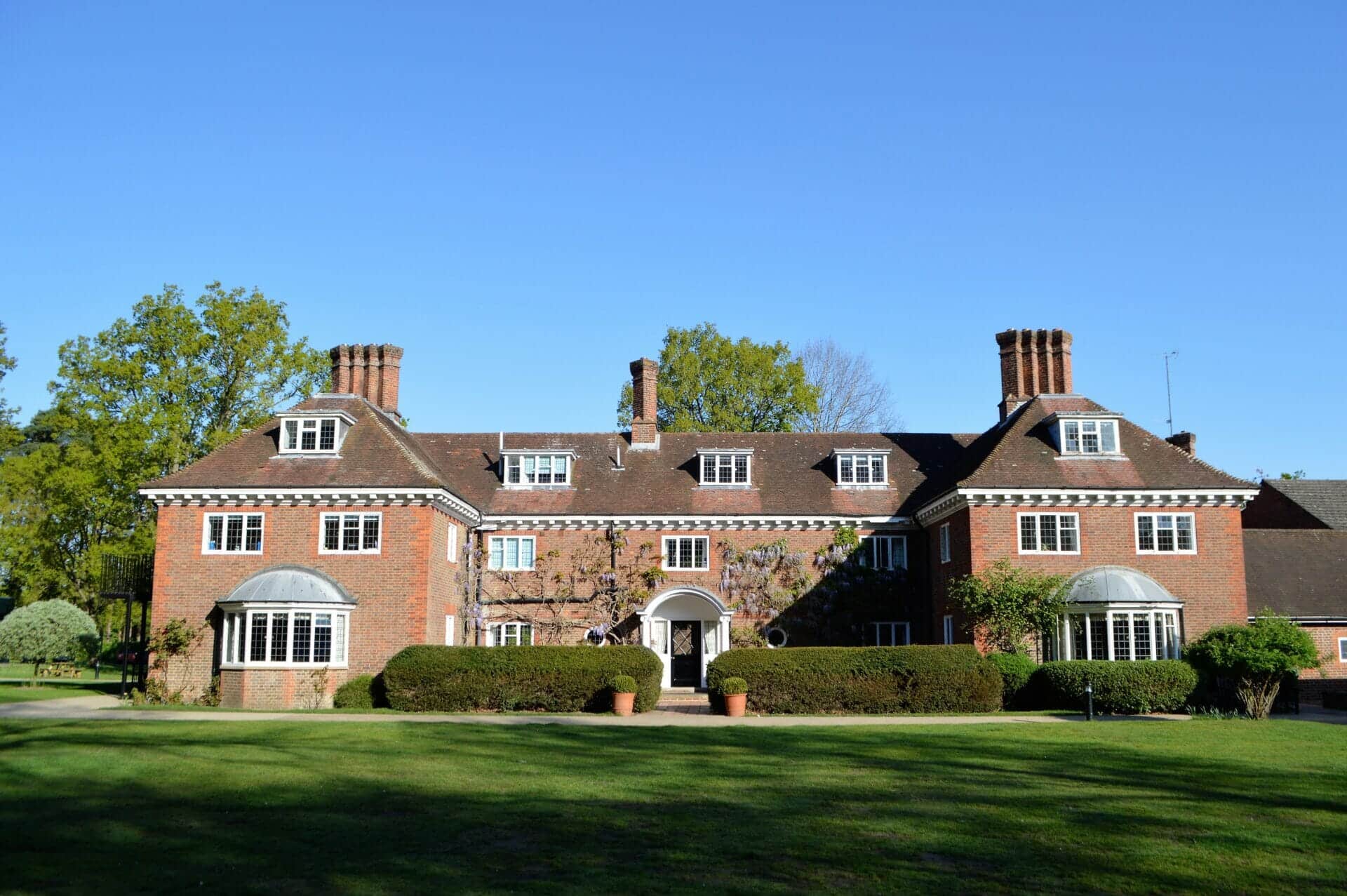
At Luckley House School, we understand that choosing a boarding school is about trust, care, and connection. We offer a nurturing boarding community set within beautiful Berkshire countryside, just an hour from London. With a focus on academic achievement, personal development, and outstanding pastoral support, our school is a place where pupils can flourish both in and out of the classroom.
Whether your child is looking for a more personalised learning environment or a pathway to future success, Luckley House offers the care and challenge to help them thrive. We welcome prospective families to visit and experience what makes our boarding community so special.
Visit Luckley

